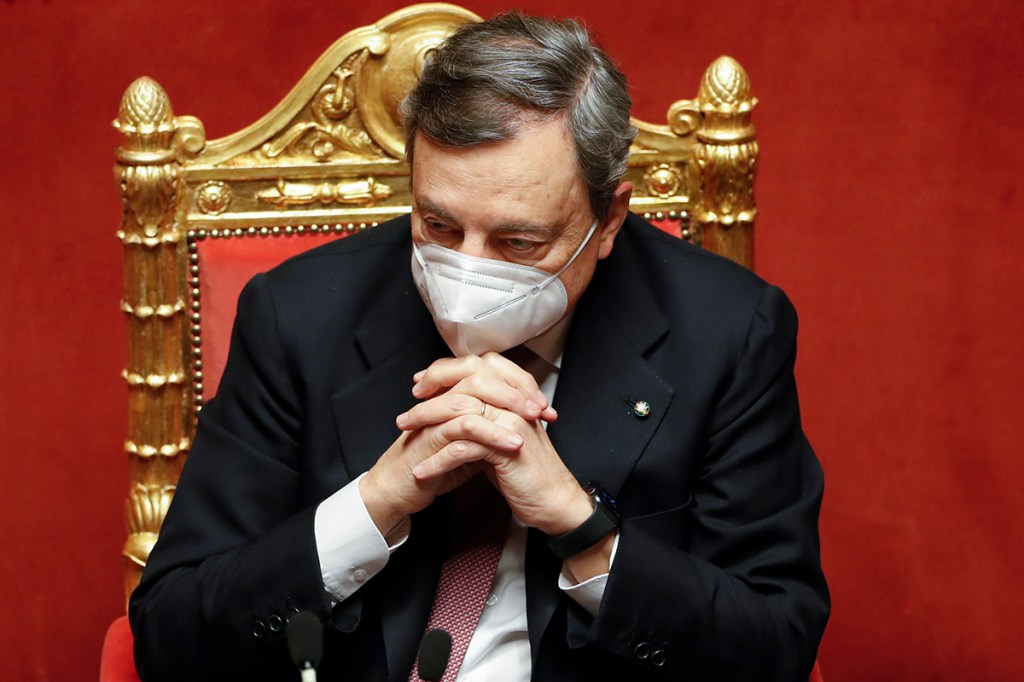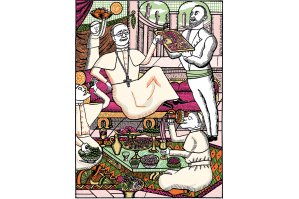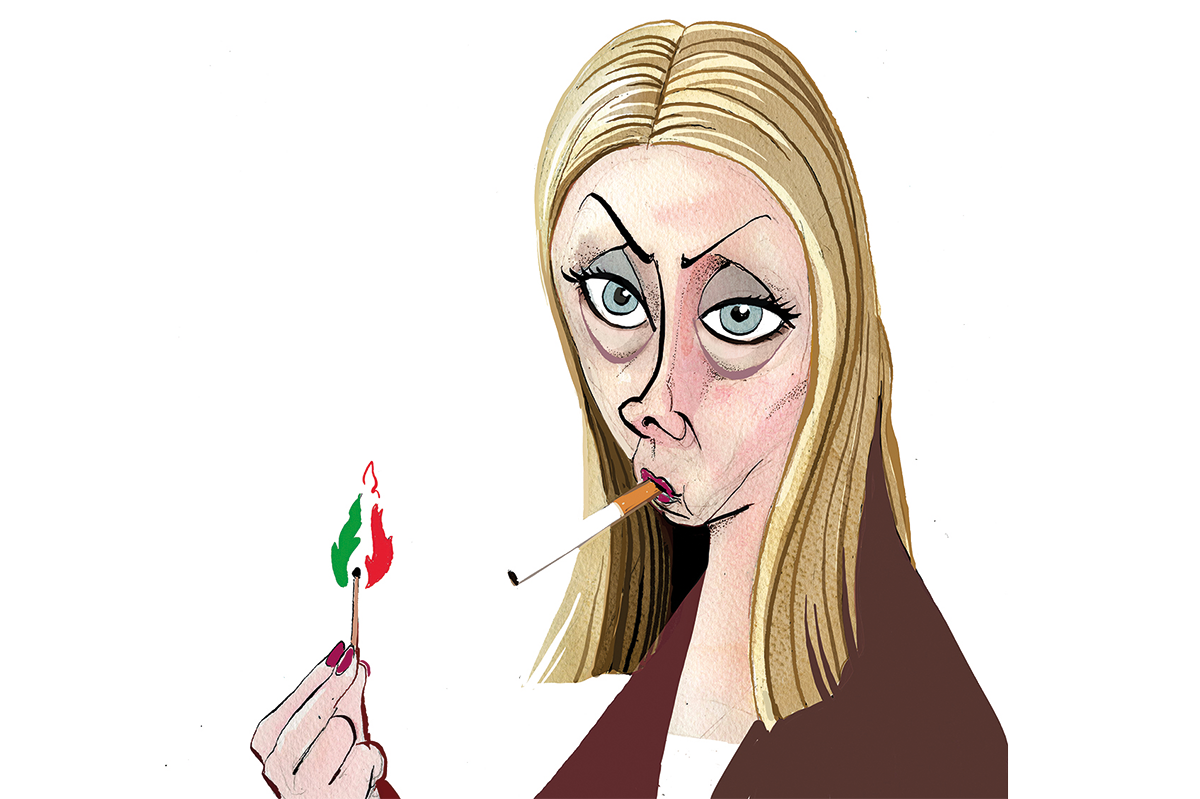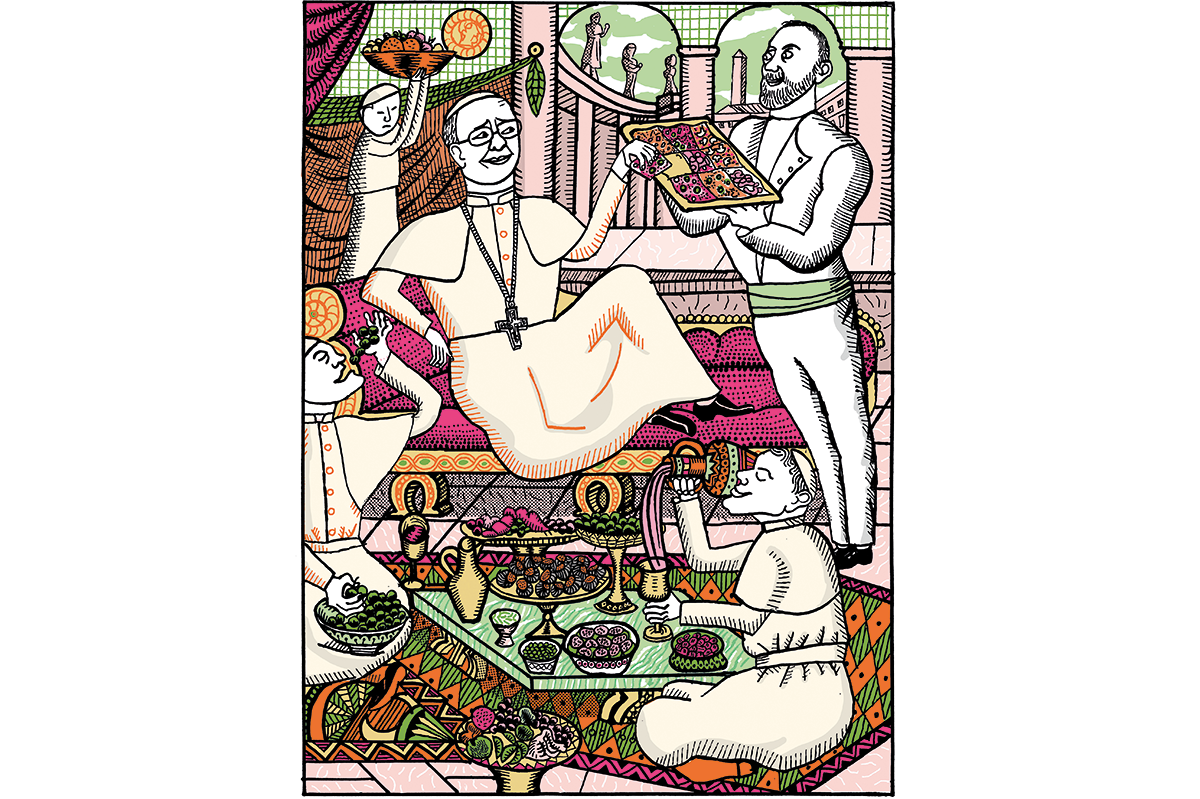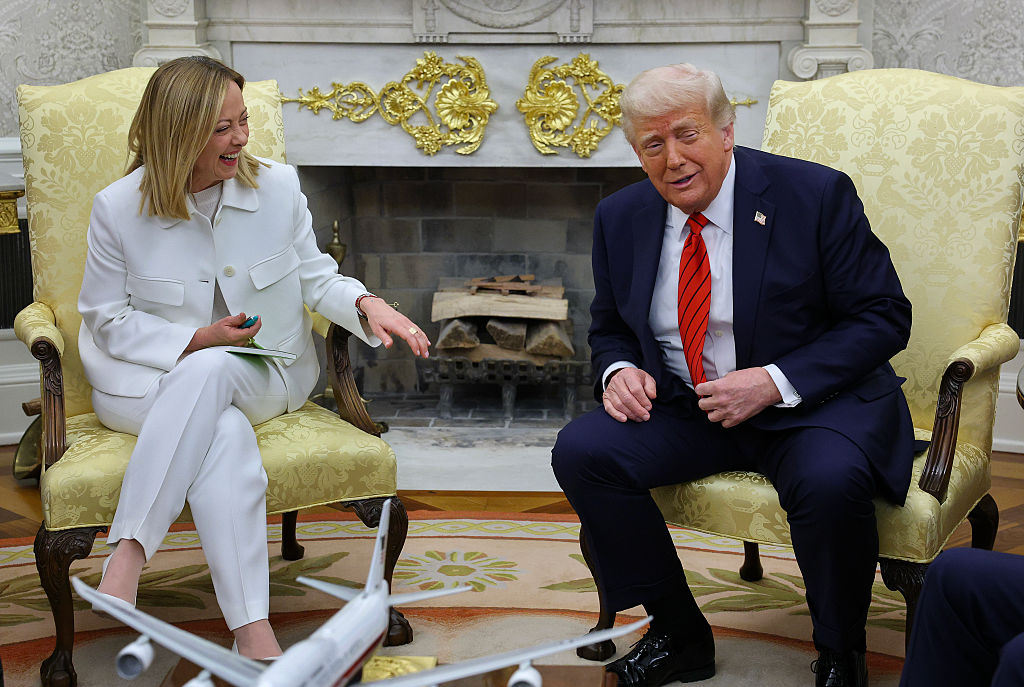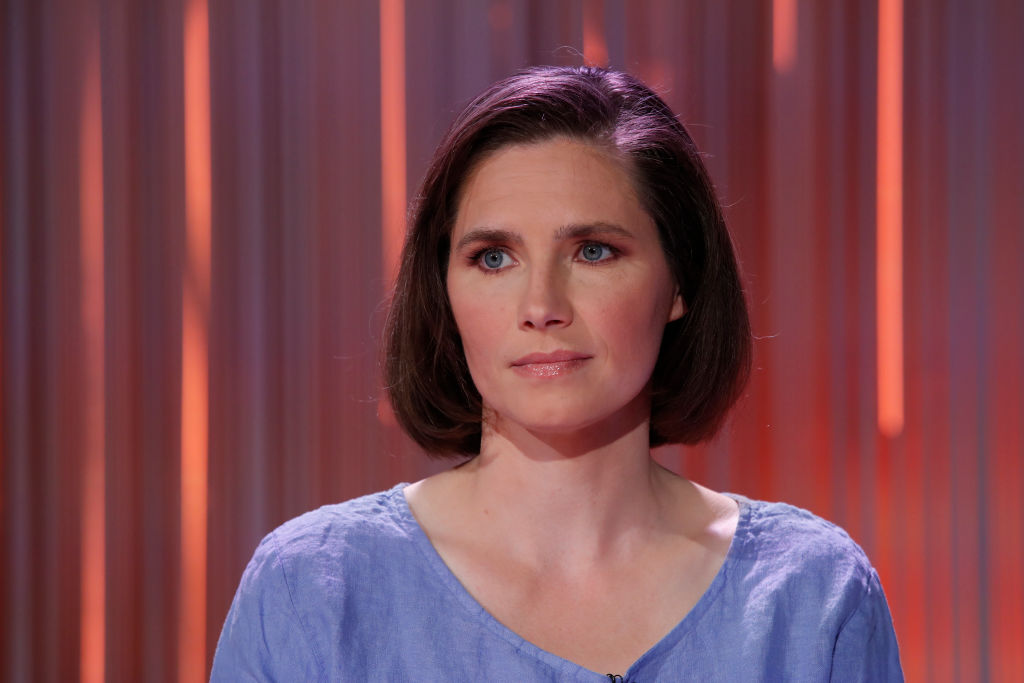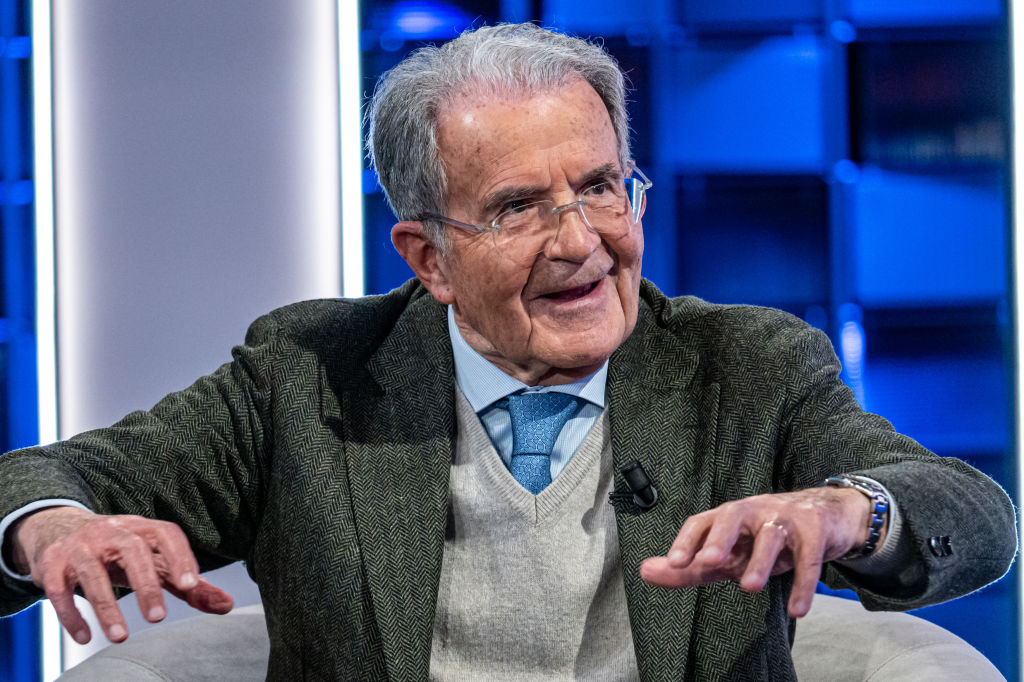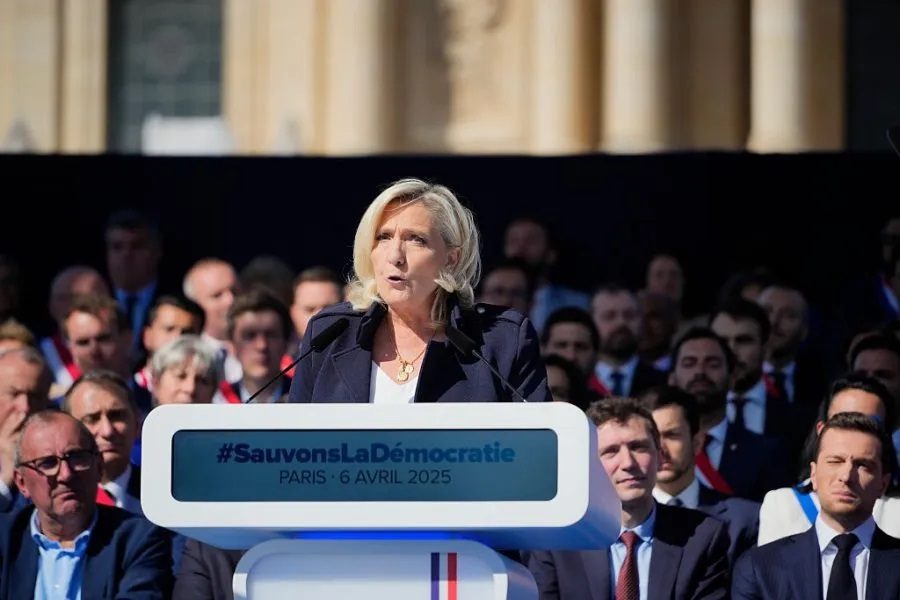Just in time for the Euro 2020 soccer final, Italy’s Five Star party reached a deal. Giuseppe Conte, a former prime minister, has agreed to take on the leadership of the party, but only on condition that he will be fully in charge of the politics of the movement and of the parliamentary party. Beppe Grillo, the party’s founder, agreed to those conditions, which reduces his hold.
This compromise may not last. Many details have yet to be agreed. But Conte is in a strong position because the majority of parliamentarians and voters are behind him — a powerful combination.
The compromise is potentially bad news for Mario Draghi because Conte and the Five Star senators — who make up part of Draghi’s technical government — are opposing one of Draghi’s main reforms. The conflict is about criminal justice reforms, particularly statutory limitations in criminal trials. The previous Five Star-led government tabled a tough law to plug various loopholes in the criminal code. These reforms are named after Alfonso Bonafede, the Five Star justice minister in the Conte government, a coalition between Five Star and Matteo Salvini’s League that collapsed at the start of the year. If the Bonafede law had passed, the result would have been an increase in criminal convictions.
The current justice minister is Marta Cartabia, an independent jurist and academic who proposed her own, watered-down version. Grillo promised Draghi that Five Star would support Cartabia’s reform, but Conte disagrees and wants to reinstate the tougher version of Bonafede. Criminal law is a core issue for a party that is defined by its fight against corruption. The Bonafede reforms were the issue over which the Conte government fell when Matteo Renzi pulled out from the previous coalition.
The peace talks between Conte and Grillo were brokered by an internal party committee, which came up with a plan to produce an elected party leader with the normal powers of leadership — as opposed to the current situation where Grillo takes all the important decisions. The party still needs Grillo, the founder, as a figurehead and fundraiser, but the structure of a popular movement centered on a single individual has proved unsuitable for a party of government.
The deal leaves Conte very much in charge. There will be no dual leadership. But Grillo’s role is somewhat opaque.
Criminal justice reform is the big issue for Five Star — and for Conte and Bonafede. The former justice minister has pledged to continue the battle against the current watered-down proposals. This is an issue over which the Draghi administration could break up. If a united Five Star were to leave the government, the current Draghi coalition would still have narrow nominal majorities in both the Senate and the Chamber of Deputies — but it would be too narrow to pass any really difficult reforms.
Conte has identified justice as the theme to unite the party, while Grillo prioritizes support for the Draghi administration. Conte called the administration’s reforms ‘unacceptable in principle and impractical’. The justice reforms are likely to come to a parliamentary vote before Conte is formally elected. This is something to watch out for. MPs may support Conte even before he is elected party president, but what is not clear is whether they are in a position to muster enough votes to bring down these diluted reforms.
The Democratic party, the third party in Italy and another part of Draghi’s coalition, is very concerned about these developments. While they don’t believe that Conte will bring down the government, they are fretting at the idea of Conte opposing and damaging Draghi. This is going to be a war by attrition. Conte is planning a comeback.
The political honeymoon for Draghi’s technical administration is now over. It will become progressively more difficult to hold this coalition together. The coalition of national unity is not a natural construct. In contrast to the Democratic party, its lifespan should be limited to one year. With the popular Conte in charge of Five Star, conflict will arise with Renzi’s Italia Viva. Renzi is deeply unpopular in Italy. His party polls under 3 percent. But he accounts for a large number of MPs and senators in the current parliament. This is going to be a very tough battle.
This article was originally published on The Spectator’s UK website.



